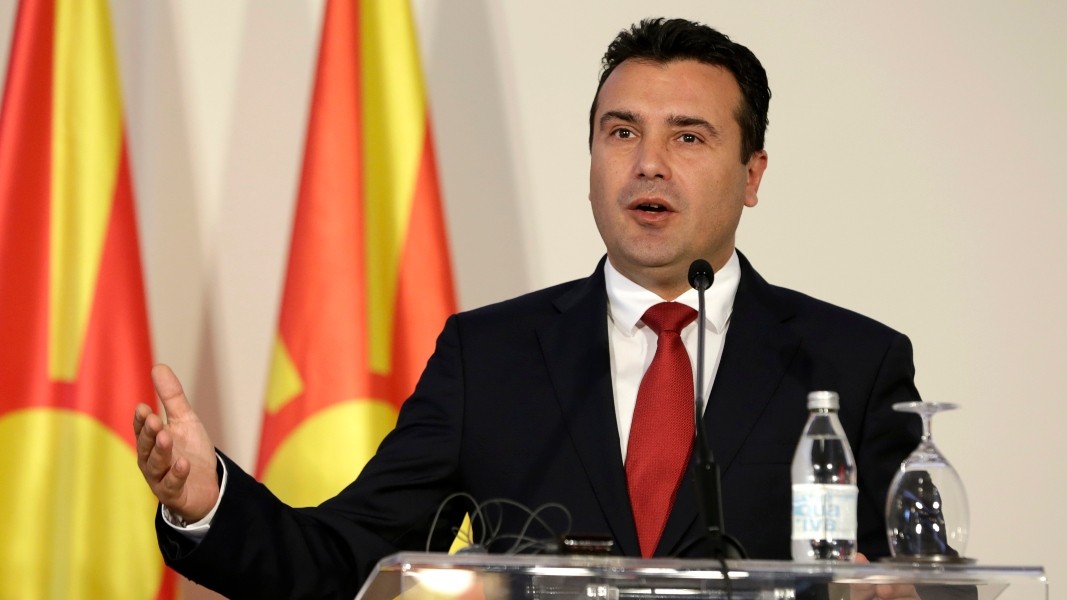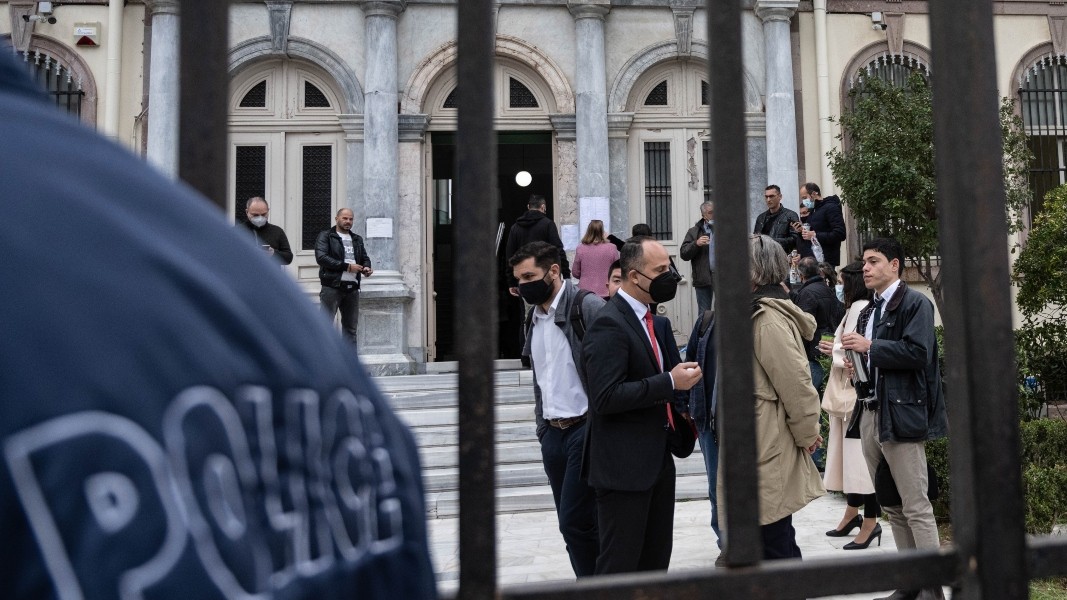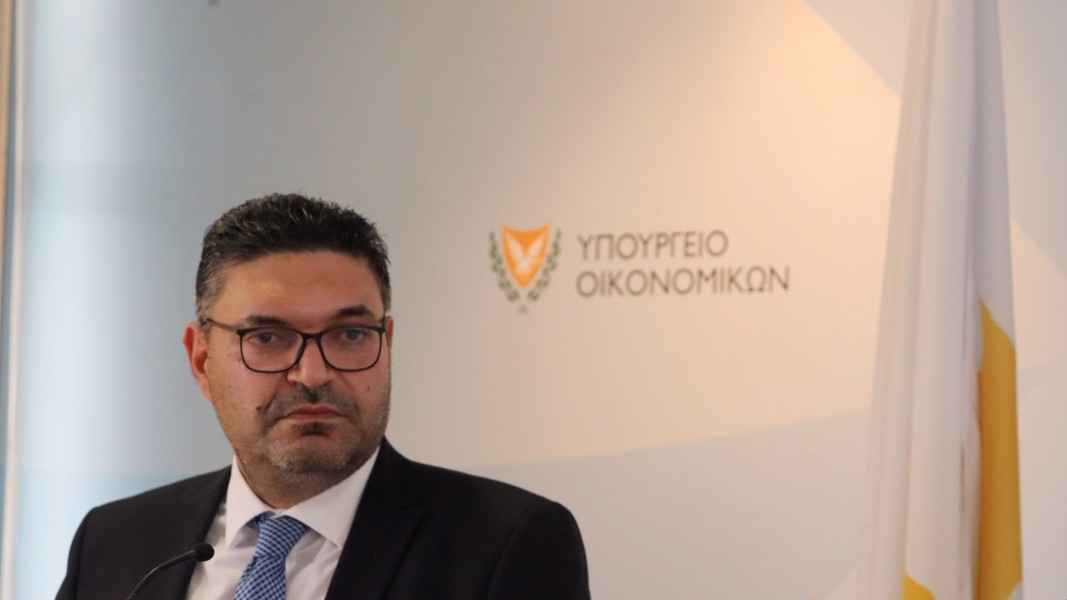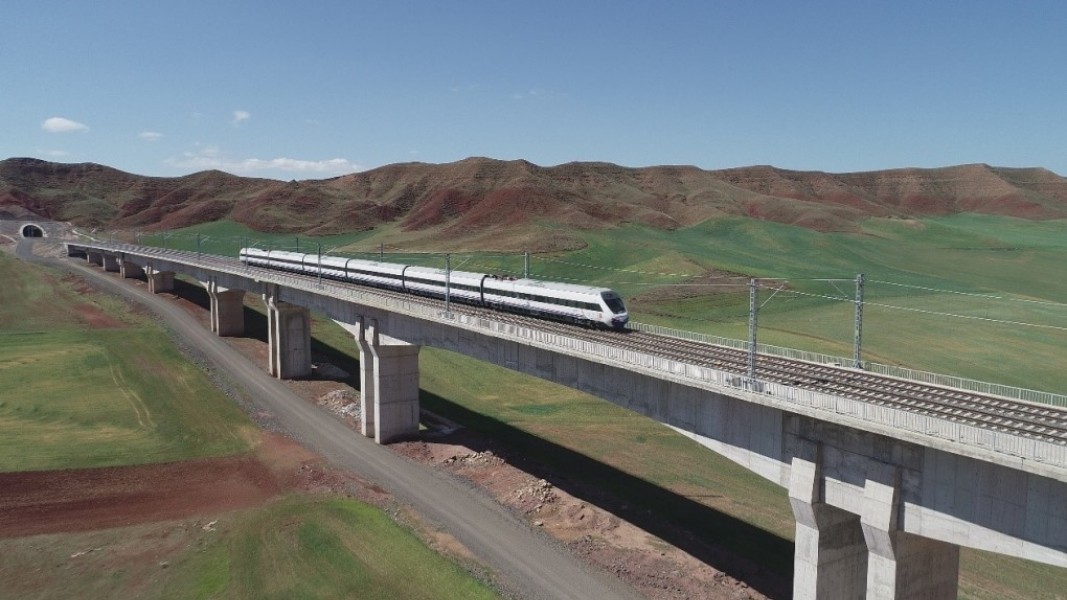Cabinet reshuffles expected in North Macedonia

North Macedonia has a stable parliamentary majority and this majority is expected to increase, this country’s Premier Zoran Zaev said at a press conference, quoted by BGNES. Zoran Zaev said that there was no need of early Parliamentary elections and that North Macedonia’s cabinet will commit to a robust economic development until the regular elections in June 2024. “I think we will soon have a new cabinet, again a government headed by Zoran Zaev with the change of six or seven ministers”, North Macedonia’s Deputy Premier for Economic Affairs Fatmir Bytyqi said and added that negotiations aimed at increasing the Parliamentary majority are expected to take place.
According to the opposition, North Macedonia’s cabinet caused an economic crisis and failed to contain the coronavirus pandemic. North Macedonia was hopeing that a decision on opening EU accession negotiations would be taken at the EU- Western Balkans summit in December. However, Bulgaria’s caretaker Minister of Foreign Affairs Svetlan Stoev reiterated that Bulgaria would not support the holing of the first intergovernmental conference with Skopje.
The trial of more than 20 aid workers in Greece has been adjourned

The trial of more than 20 aid workers who helped migrants reach Greece in 2016 and 2018 has been adjourned shortly after opening, BBC informed. The case was suspended after the judge ruled that the court was not competent to hear the case. Prosecutors allege that the aid workers who were affiliated with a search and rescue group, monitored the coast guard’s radio channels and used a vehicle with a fake military license plate to enter restricted areas on Lesbos. Several people remain under investigation for a number of other felonies, including human smuggling, and if convicted could face further sentences of up to 25 years, BBC further informs. Human rights organizations, including Amnesty International, said that the charges pressed against the activists are “farcical”.
GLOBSEC Vulnerability Index 2021: Serbia is the most vulnerable Balkan country to foreign malign influence

Serbia is the most vulnerable country to foreign malign influence, the GLOBSEC Vulnerability Index 2021, which measures vulnerability towards foreign influence in 8 Central European and Western Balkan countries, indicates. GLOLBSEC measures Bulgaria, Czechia, Hungary, Montenegro, Slovakia, Serbia, North Macedonia and Romania on a scale of 0 to 100, where o is the most resilient and 100 is the most vulnerable. Serbia has 55 points, followed by Montenegro (44 points), Bulgaria (42 points) and North Macedonia (40 points). Romania is the most resilient Balkan country- 29 points. According to the survey, membership in international structures (the EU and NATO) contributes to a greater resilience from the perspective of common policy solutions, centers of excellence and collective defense, but differences in the quality of public administration, legislation or the protection of electoral integrity contribute to vulnerabilities of respective countries.
Cyprus reduces VAT on household electricity bills from 19% to 9%

Cyprus will lower the VAT on household electricity bills from 19% to 9% for the next three months, this country’s Minister of Finance Constantinos Petrides announced. This is the third compensatory measure applied by the government to help the households due to the increased electricity prices, the correspondent of the Bulgarian National Radio Branislava Bobanac reported.
Petrides noted that reducing VAT to 9% is over and above a recent decision by the Electricity Authority of Cyprus (EAC) to cut bills across the board for a period of 10 months- until February, 2022. In the beginning of November, the government reduced VAT on bills to vulnerable groups to 5% for six months. In October, the price of electricity in Cyprus was 10.1% higher as compared to the same period last year.
EBRD lends EUR 150 million for the construction of railway line from Istanbul to Turkey-Bulgaria border

The European Bank for Reconstruction and Development (EBRD) is extending a EUR 150 million loan to Turkey’s government for the construction of a 67-kilometer section of the high-speed railway line from Istanbul to the Turkey-Bulgaria border, EBRD announced on its official website. The Asian Infrastructure and Investment Bank is considering parallel financing and the Turkish government will provide the remaining funds needed for the EUR 640 million infrastructure project. The line is part of the EU Trans European Transport Network (TEN-T). It will provide safe, sustainable and low-carbon passenger and freight transport to and from the EU, improving connectivity and trade.
Written by: Miglena Ivanova
English version: Kostadin Atanasov
Photos: EPA/BGNES, uab.gov.tr
Bulgaria’s successes at international science Olympiads in 2024 can be seen in an exposition entitled “Fantastic minds”. Inaugurated to mark Awakeners” (Enlighteners”) Day, 1 November on Lovers’ Bridge near the National Palace of Culture in Sofia,..
Leading researchers and lecturers from the St. Kliment Ohridski University in Sofia and the Institute of Astronomy and National Astronomical Observatory of the Bulgarian Academy of Sciences will be paying a visit to the Museum of Natural History in..
The village of Oryahovitsa, Stara Zagora region, today celebrates its symbol - the walnut tree. There will be a Festival of the Walnut with a varied programme featuring the Kazanlahsko Nastroenie (Kazanlak Cheer) Orchestra, the soloist of..
Leading researchers and lecturers from the St. Kliment Ohridski University in Sofia and the Institute of Astronomy and National Astronomical Observatory..
Bulgaria’s successes at international science Olympiads in 2024 can be seen in an exposition entitled “Fantastic minds”. Inaugurated to mark Awakeners”..
The village of Oryahovitsa, Stara Zagora region, today celebrates its symbol - the walnut tree. There will be a Festival of the Walnut with a..

+359 2 9336 661
